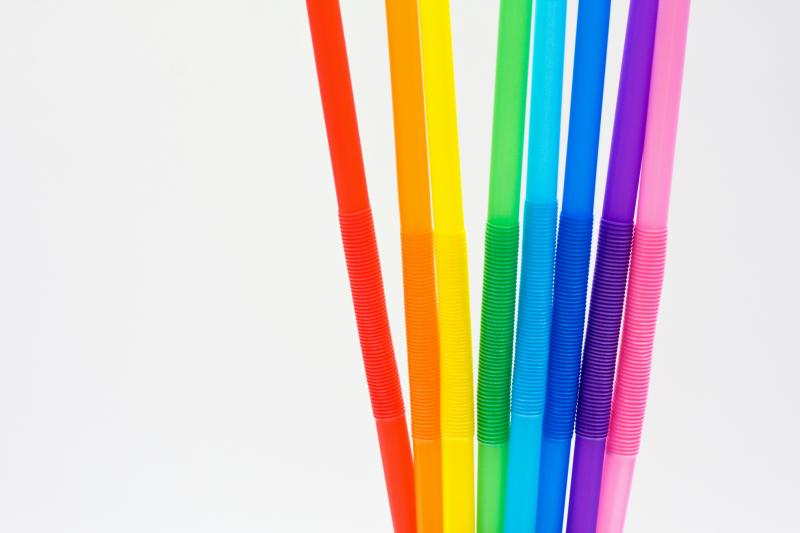
The movement to ban plastic straws continues to be a moral panic driven by social media virtue signaling rather than facts.
The latest casualties are Washington, D.C. residents as the City Council recently passed legislation to ban plastic straws. Council Member Jack Evans introduced the banning legislation in July, and the new restriction is set to take effect on January 1st.
The attack on plastic straws is part of a misguided global campaign driven by false data and a disregard for unintended consequences.
The statistic that provoked the environmental panic in the U.S., that Americans use 500-million plastic straws per day, was first provided by a nine year-old’s research survey. Major media outlets, activist groups and governments alike have used the number, creating a spiral of false information. Perhaps, these groups and the D.C. City Council would benefit from some more dependable data, like that plastic straws comprise just .02 percent of plastic waste dumped into oceans each year. Moreover, of all ocean straw pollution, Americans constitute a tiny fraction of one percent. Banning plastic straws in Washington D.C. would hardly have an impact on the environment.
When Starbucks decided to phase out plastic straws, it actually increased plastic use. Its new nitro lids use more plastic than the old light lid-and-straw combination. The rather ironic Starbucks situation demonstrates that campaigns to remove plastic straws are mostly virtue-signaling press decisions, and that these laws are flawed in execution as well as their goals.
But while the benefits are hard to find, the costs are clear and abundant.
The biggest users of plastic straws are either small take-out restaurants with slim margins or larger chains that disproportionately serve low income people. Banning the affordable option of plastic straws will mark up the cost of business for restaurants, leading to higher costs for consumers. At those restaurants which either cannot afford or choose not to offer a substitute for the straws — making paper straws is reportedly eight-times more expensive.
Disability advocates have also opposed plastic straw bans because other options are inferior and have the potential to make it difficult for some to drink at all. Also, rules that require disabled patrons to request plastic straws just place more hurdles between them and an item they need.
Adding to the outrage, the D.C. ban extends its reach far beyond most bans. Among the long list of entities subject to the ban are churches and daycare centers. After January 1st, the family that makes freshly squeezed orange juice or hot chocolate for parish coffee hour will be prohibited by the force of city police from using plastic straws.
Bottom line: The City Council is grabbing straws from disabled people, churches, daycare centers, and imposing added costs on everyone to appease a movement built on sand.

